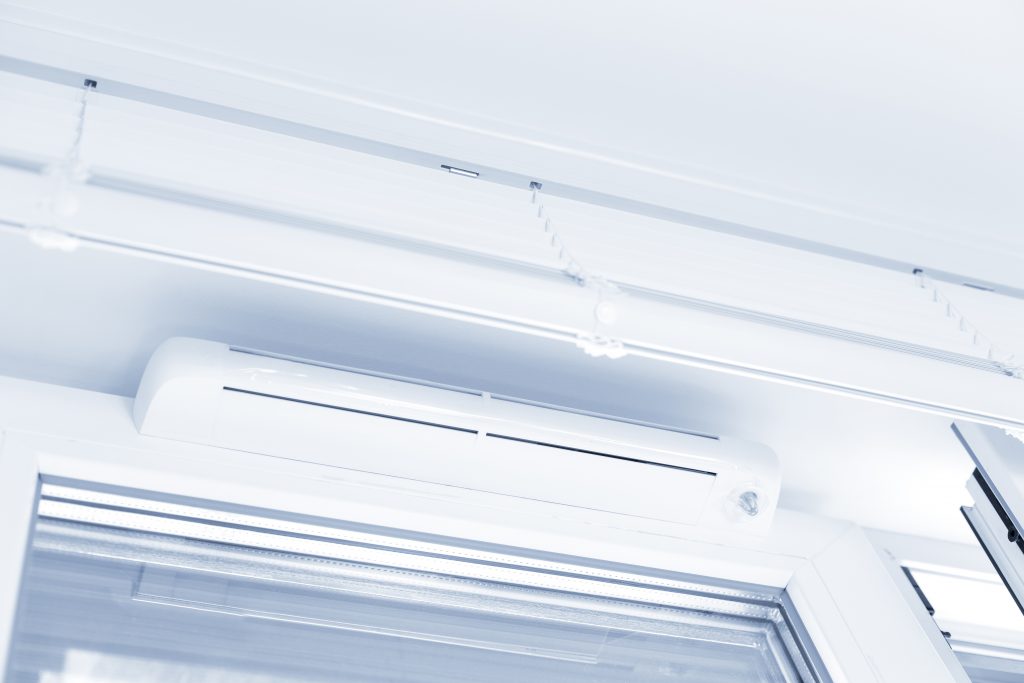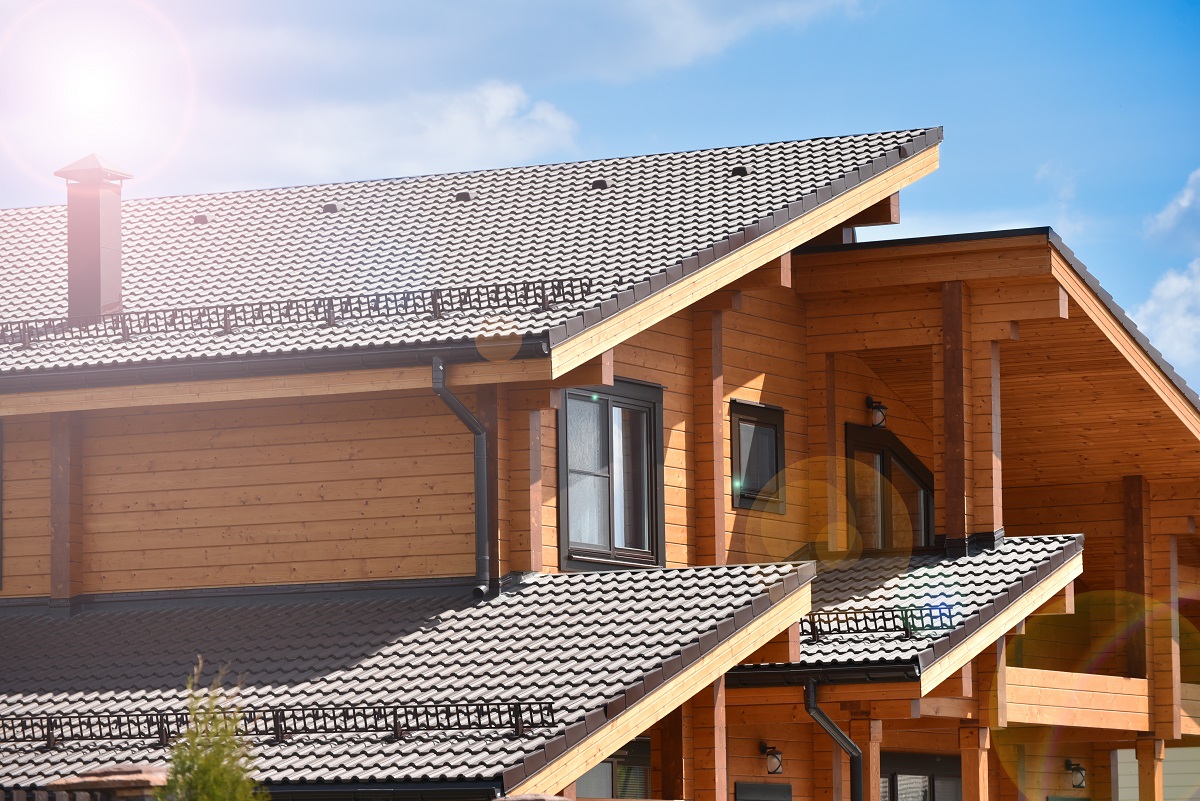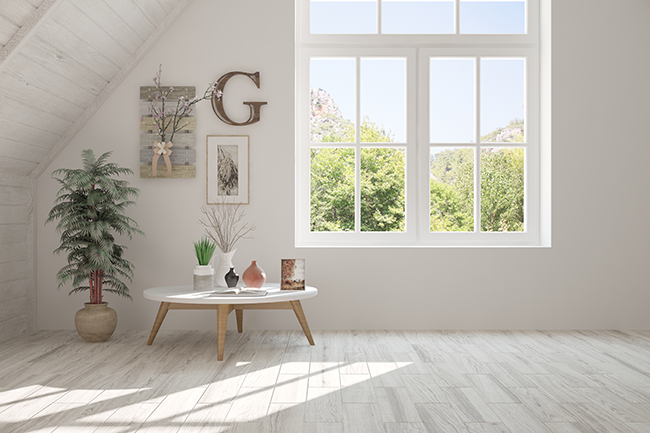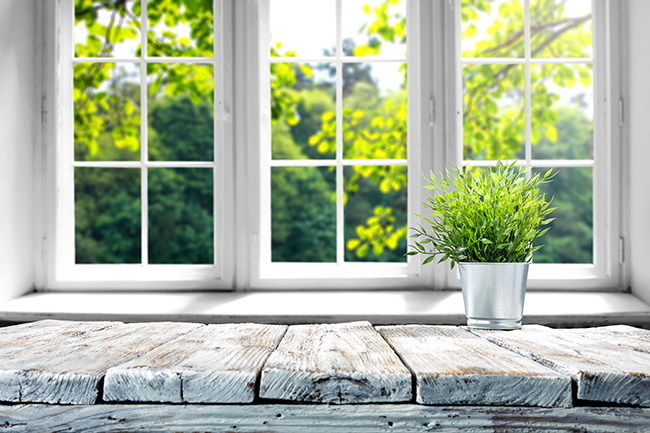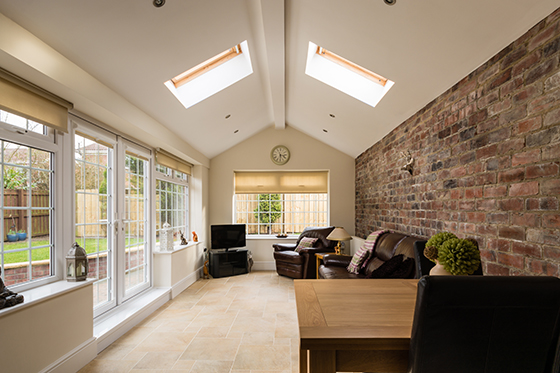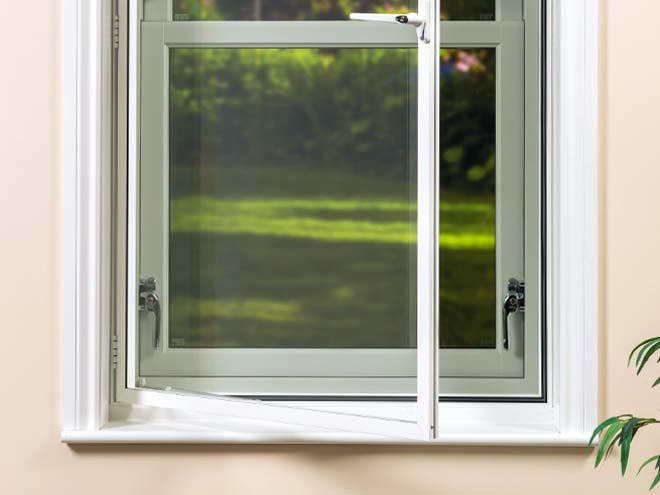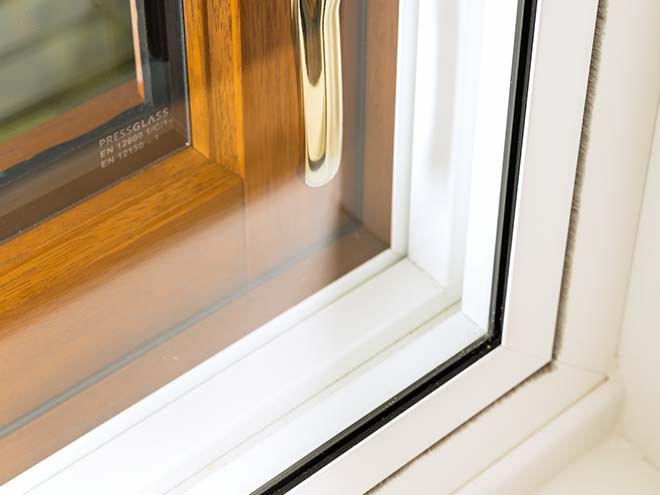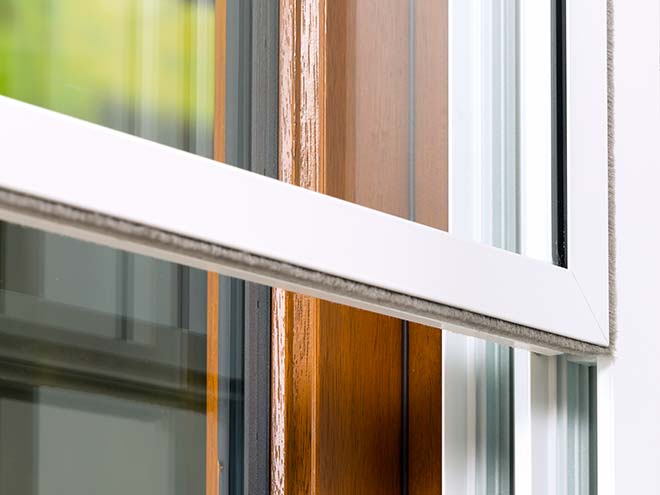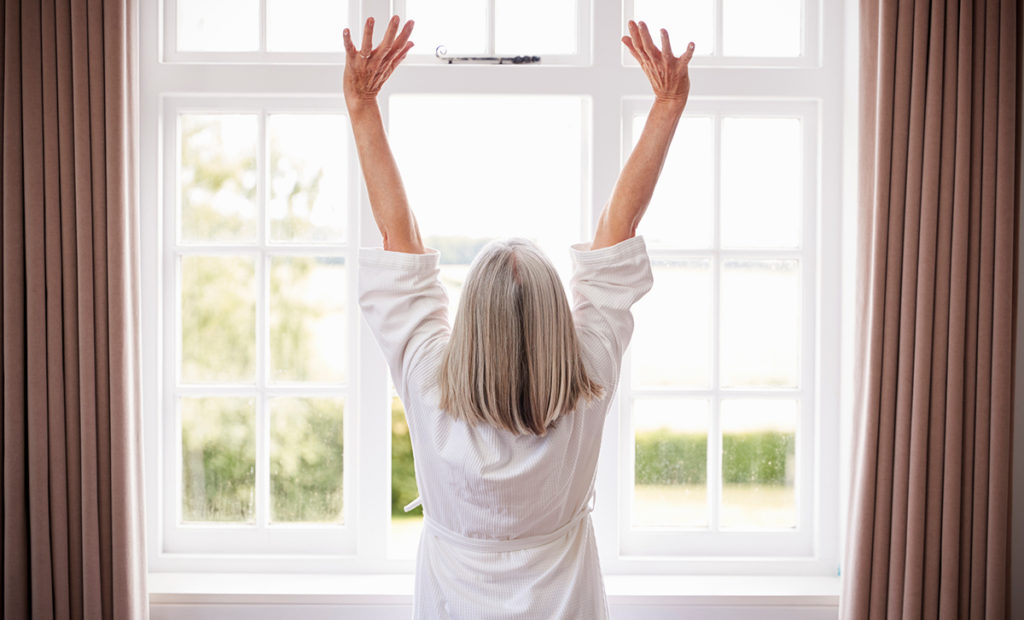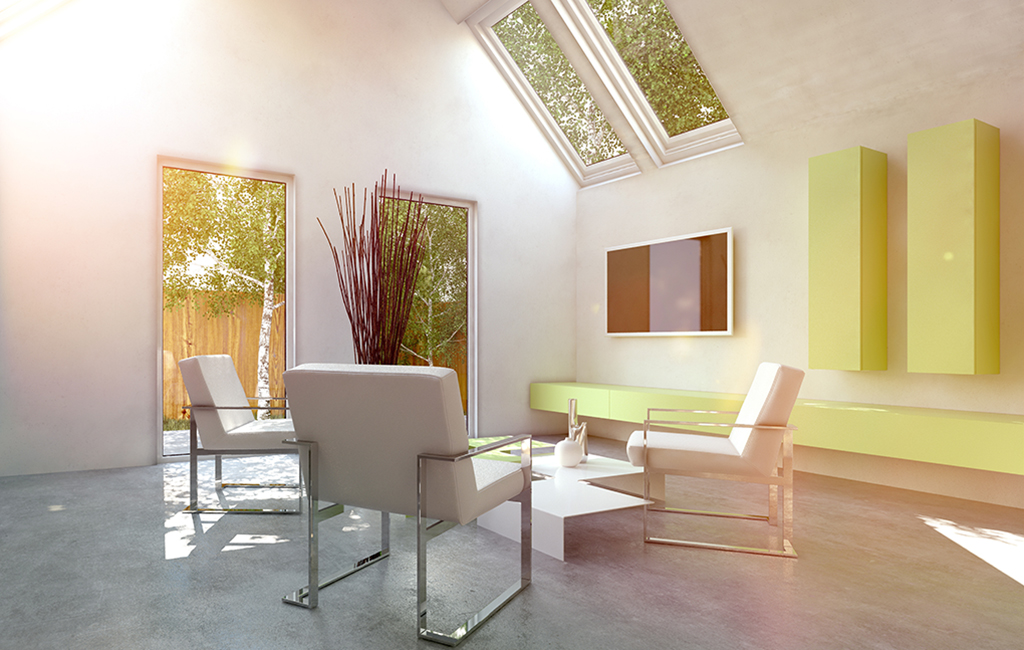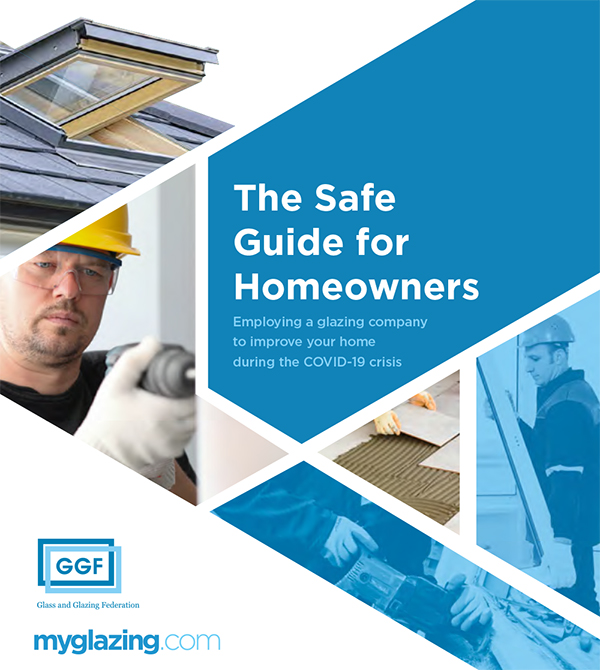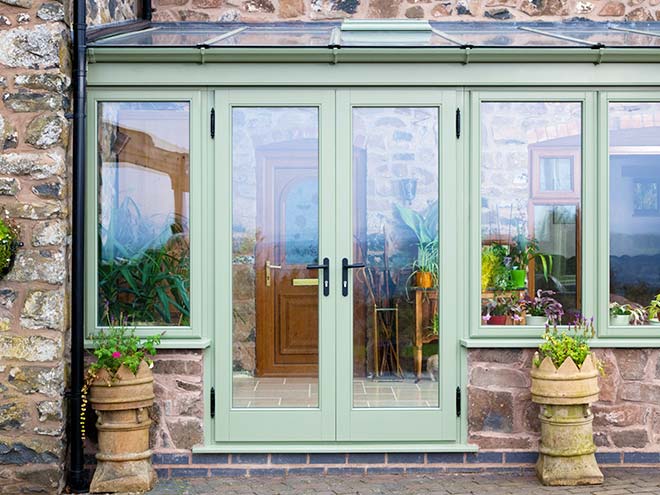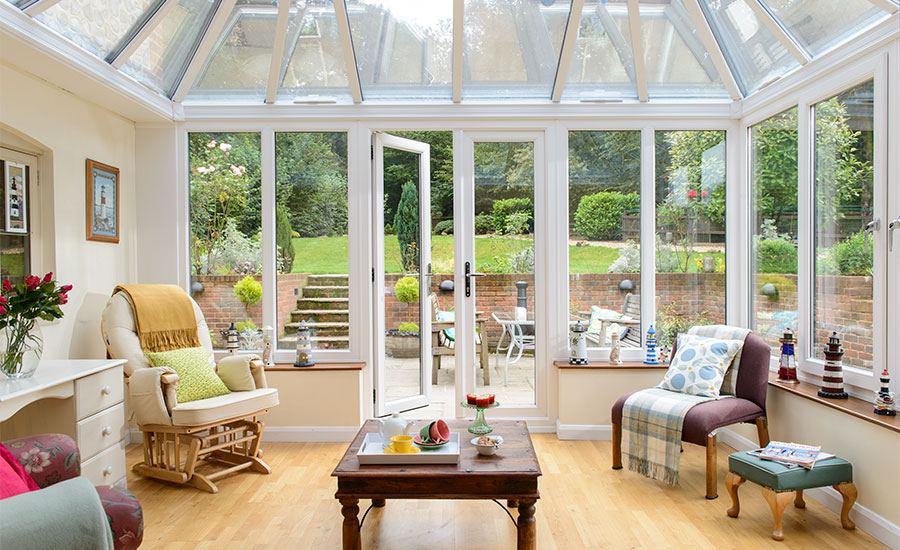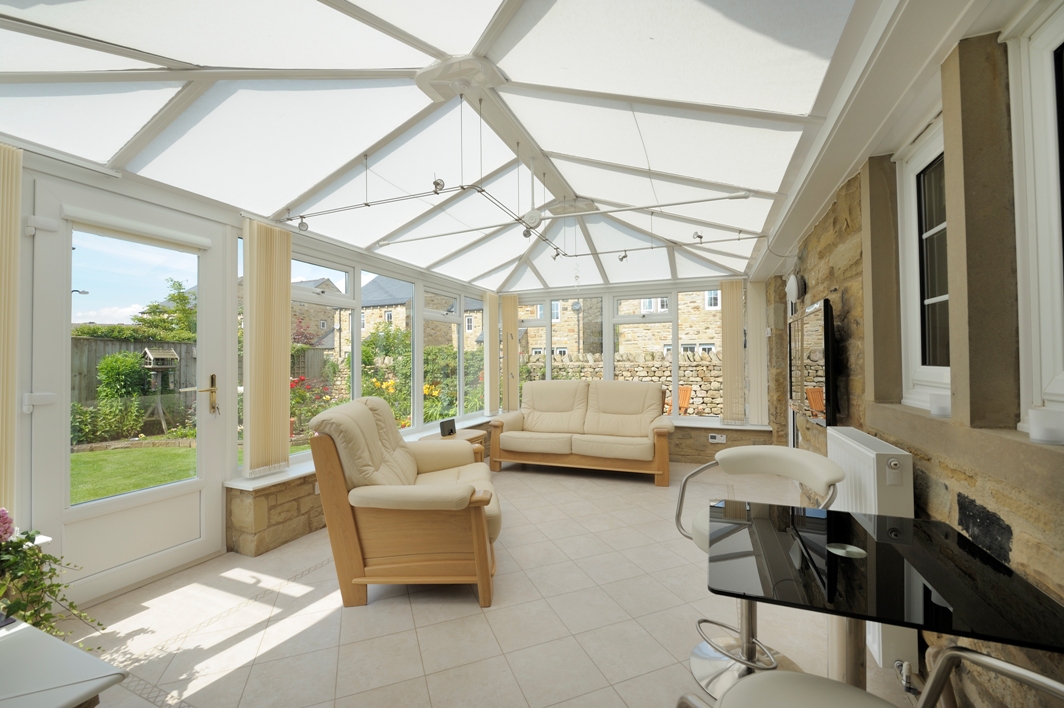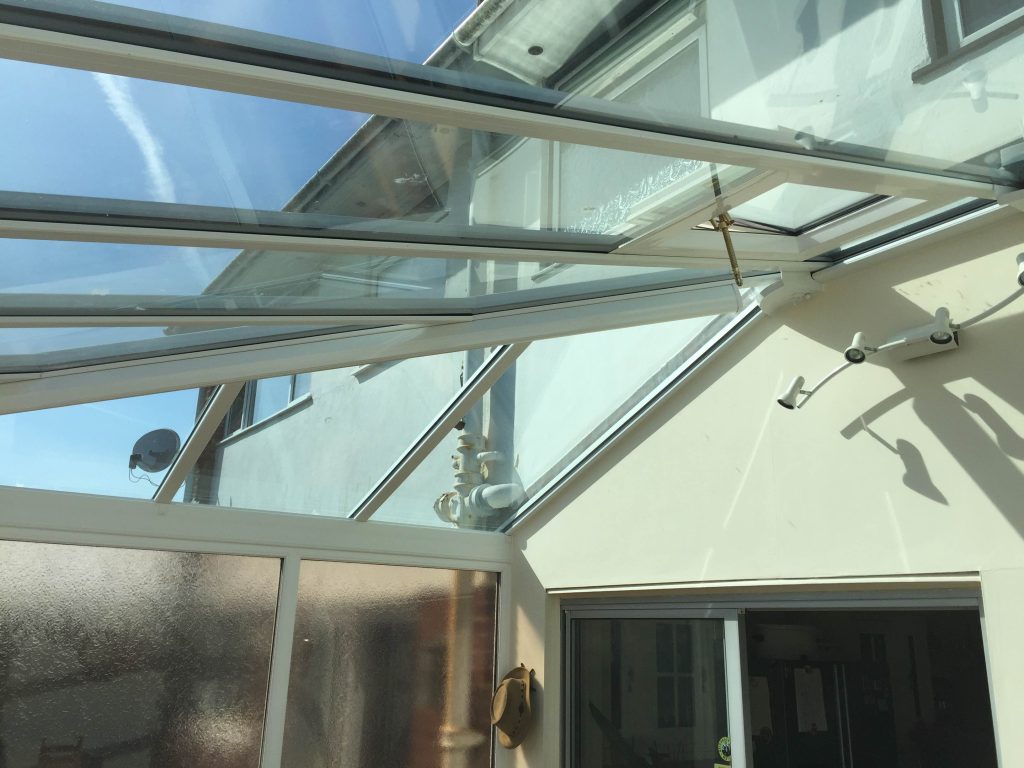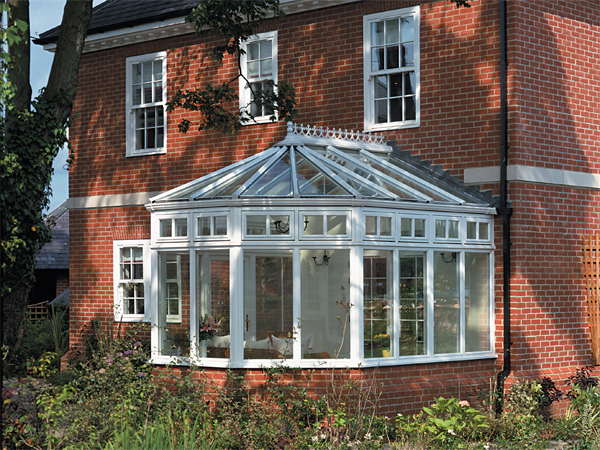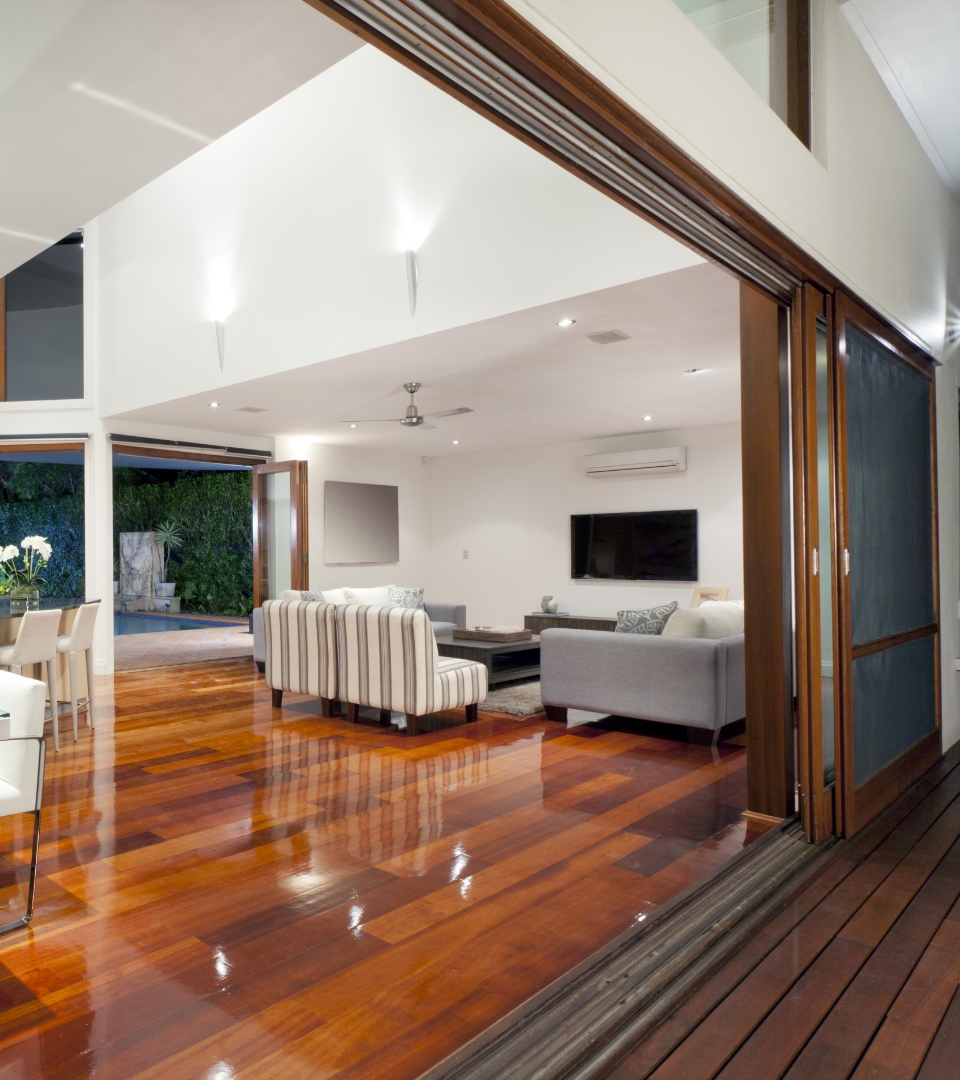
Embodied carbon is the CO₂ emissions that are related with materials and the construction process of a building. This is including any CO₂ that is generated during the extraction of raw materials, the manufacturing and refinement, transportation, installation, the practices applied and disposal can all produce embodied carbon emissions. Fundamentally, embodied carbon is assembled into the fabric of the building.
In short, embodied carbon is the carbon footprint of a building before it becomes functioning. It also refers to:
- the CO₂ that is produced when upholding the building
- the demolishing of the building
- transporting the waste
- recycling the waste
Embodied carbon differs distinctly from operational carbon, which is the carbon that comes from energy, heat, lighting and so on. Current data from the World Green Building Council shows us that embodied carbon is becoming a larger part of a building’s general carbon footprint.
Embodied carbon is certainly moving its way up the agenda for industry and government. While it currently explains for 11% of greenhouse gas emissions, the projected increase of construction initiatives over the coming decades means it’s believed that by the Government’s goal of Net Zero in 2050, embodied and operational carbon emissions will be at the same level.
Efficient Windows and Doors Can Help to Reduce Your Carbon Emissions
In our current climate where everybody is rightfully becoming more environmentally conscious, it’s great that you can purchase hybrid cars, use less plastic, limit your meat consumption, but just by installing brand new windows, it can help with your energy costs and reduce greenhouse emissions.
Not only do energy efficient products save you a ton of money on your energy bills, they also benefit the world’s carbon emissions. With energy efficient products you can reduce greenhouse gas emissions from your home.
Just switching to new windows alone can reduce the annual household’s carbon footprint by up to 12%, compared to non-energy efficient products. Insight from Conservation Construction shows us that in addition, energy efficient windows can save between 246-2001 pounds of CO2 a year.
Find a responsible and sustainable GGF Member to make your home improvements today.

 Emergency Glaziers
Emergency Glaziers GGF Shop
GGF Shop MyGlazing.com
MyGlazing.com Find a GGF Member
Find a GGF Member

